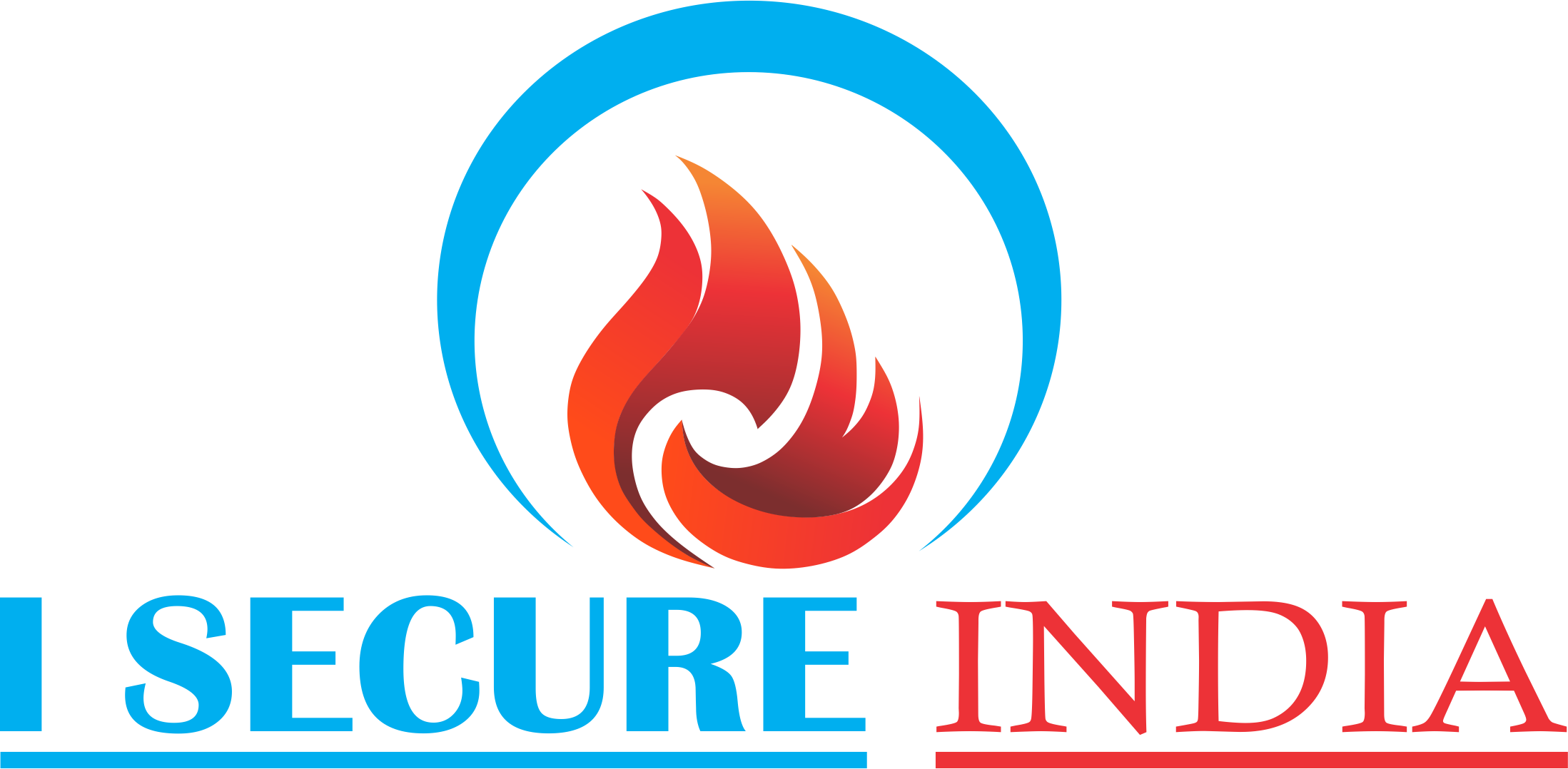In India, an event license is required for any event that involves large gatherings of people. This includes concerts, festivals, conferences, exhibitions, and any other type of event that requires the presence of more than 100 people. The license must be obtained from the local municipality office and includes a fee for the application process. The license also includes guidelines for the event organizers regarding safety measures, crowd control, and other regulations. This is done to ensure the safety and security of participants and to maintain public order.
Event licensing is an important process for any type of event or program. It ensures that the event or program is in compliance with regulations and laws. In order to obtain a license, organizers must provide information about the event, such as the location, date, type of event, number of attendees, and other pertinent information. Depending on the type of event and the location, organizers may need to obtain additional licenses or permits before the event can take place. Once the licensing process is complete, organizers can then move forward with planning and executing the event. Event licensing is a valuable tool to ensure that events are conducted safely and in accordance with the law.
Event licensing is an important part of hosting a successful event or program. Depending on the type of event or program, there may be different types of licenses required. For example, a liquor license may be needed for an event that serves alcohol, whereas a permit may be needed for any outdoor event. Additionally, copyright and trademark licensing may be necessary for events that involve the use of music, images, or other protected materials. Obtaining proper licensing can help ensure that an event runs smoothly and that all legal requirements are met.
The type of license required for organizing an event depends on the type of event, its scale, and its location. Some of the licenses that may be required for organizing an event in India are:
1. Police NOC: This is required for any event that involves a large gathering of people.
2. Fire Department NOC: This is required for events that involve the use of fire or pyrotechnics.
3. Municipal Corporation License: This is required for the construction of temporary structures for the event.
4. Entertainment Tax: This is levied by the state government and is applicable to certain types of events.
5. GST Registration: This is required for events that involve the sale of tickets or merchandise.
6. Music License: This is required if copyrighted music will be played at the event.
7. Liquor License: This is required if alcoholic beverages will be served at the event.
The requirements may vary from state to state and it's best to consult local authorities for specific details.
Several industries require event licenses to hold events legally in India. Some of the industries that require event licenses are:
1. Entertainment industry: This includes music concerts, movie screenings, and theatre performances.
2. Sports industry: This includes sports events such as cricket matches, football matches, and marathons.
3. Hospitality industry: This includes events such as weddings, corporate events, and exhibitions.
4. Religious organizations: This includes events such as religious processions, festivals, and gatherings.
5. Education industry: This includes events such as conferences, seminars, and workshops.
The requirements for event licenses may vary depending on the type of event, its scale, and the location. It's important to research and comply with all relevant regulations to avoid any legal issues.
Event licensing has several benefits, including:
1. Legal compliance: Event licensing ensures that events are held in compliance with all relevant laws and regulations, reducing the risk of legal issues.
2. Safety: Event licensing requires organizers to comply with safety regulations, ensuring that adequate measures are in place to safeguard the attendees, staff, and participants.
3. Quality: Event licensing often requires organizers to meet certain quality standards, ensuring that events are well-organized and meet the expectations of attendees.
4. Reputation: Holding events with proper licenses and permits can enhance the reputation of the organizer and the event, leading to increased attendance and positive word-of-mouth.
5. Revenue: Certain licenses, such as entertainment tax and GST registration, can generate revenue for the government, contributing to the development of infrastructure and services.
Event licensing helps ensure that events are held safely, legally, and with a high level of quality, which benefits the organizers, attendees, and the community as a whole.

